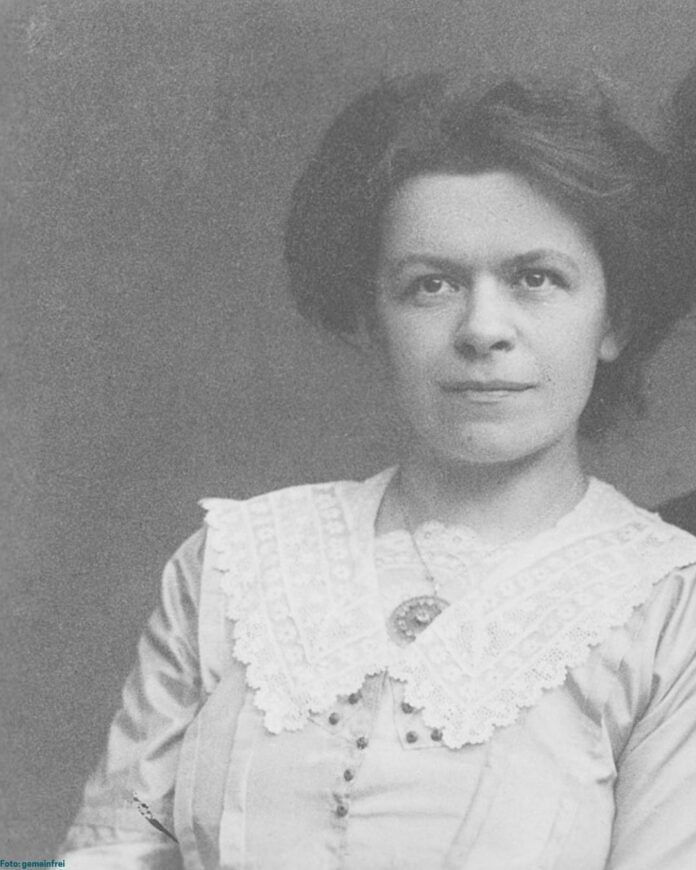Mileva Marić, a Serbian physicist, entered the scientific stage in the early 20th century as the first wife of the renowned physicist Albert Einstein. Born on December 19, 1875, in Titel, Austria-Hungary (now part of Serbia), Marić embarked on a journey that intertwined both personal and professional aspects, leaving a legacy shrouded in mystery and controversy.
Marić’s academic journey led her to the Polytechnic in Zurich, where she pursued physics, a field predominantly dominated by men during that era. It was at the Polytechnic that she crossed paths with Albert Einstein, a fellow student who would later revolutionize the world of physics with his groundbreaking theories.
The relationship between Mileva Marić and Albert Einstein blossomed into marriage in 1903. While their personal life evolved, so did their intellectual collaboration. Some historical accounts suggest that Marić made significant contributions to Einstein’s early work, including his famous theory of relativity. However, the extent of her involvement remains a subject of debate among scholars.
Despite her contributions, Mileva Marić faced numerous challenges in her own academic career. The societal norms of the time often posed obstacles for women pursuing scientific endeavors. The struggle for recognition and acceptance within the scientific community proved formidable for Marić, whose ambitions were overshadowed by the brilliance of her husband.
The couple’s marriage faced its own set of challenges, ultimately leading to divorce in 1919. The aftermath saw Einstein rise to international acclaim, while Marić’s scientific pursuits faded into relative obscurity. Some historical narratives cast her as a tragic figure, a woman whose potential was eclipsed by the societal constraints of her time.
Legacy
In recent years, there has been renewed interest in Mileva Marić’s role in Einstein’s early work. Scholars continue to explore archival materials and historical records, attempting to unravel the complexities of their collaboration. The debate surrounding Marić’s contributions remains a topic of speculation, with some arguing for a more prominent acknowledgment of her influence on Einstein’s scientific endeavors.
Mileva Marić’s life serves as a poignant reflection of the challenges faced by women in science during the early 20th century. Her story prompts a reevaluation of historical narratives, urging a closer examination of the often-overlooked contributions of women in the scientific community.
In revisiting the tale of Mileva Marić, we are compelled to reflect on the intricate interplay between personal relationships and scientific achievements. Her legacy endures as a reminder of the resilience required to navigate the intricate web of societal expectations and pursue a passion for scientific inquiry, even in the face of adversity.


